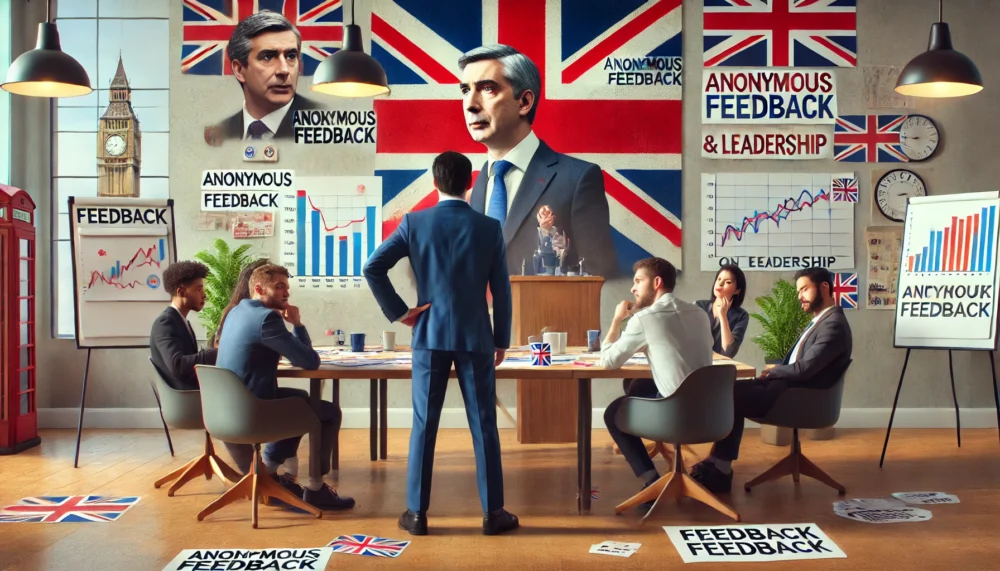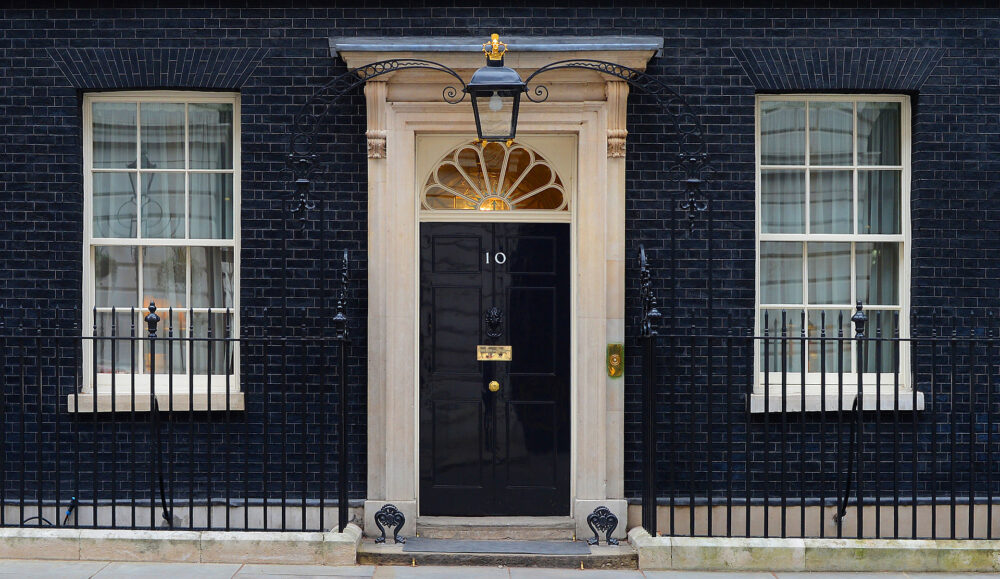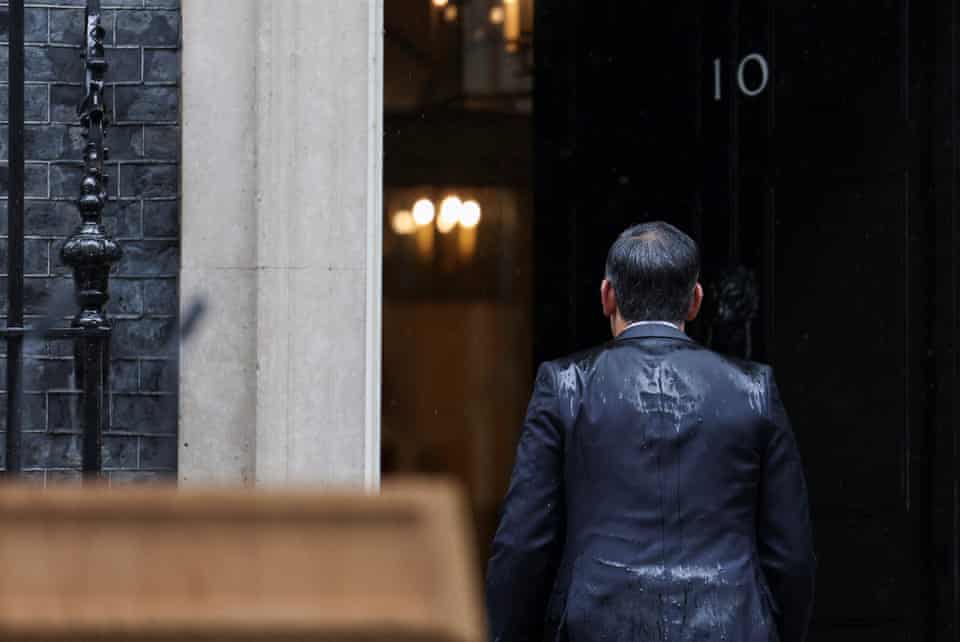‘Shooting yourself in the head’

Yesterday, I read Emilio Casalicchio’s excellent Politico article which gave a glimpse into the Conservative’s election campaign. I was struck by the line ‘launching the first attack by shooting yourself in the head doesn’t look so clever’.
But I was even more struck by the notion that the campaign had been led by a headstrong small team, which neither sought nor responded to external feedback. This is redolent of the flaws of Theresa May’s 2017 election campaign.
Perhaps responding well to feedback counterintuitively conflicts with the egotism necessary to seek public office. Perhaps this is only exacerbated for those seeking the top office in an era of ‘strongman leadership’.
It was certainly true that Sunak’s public response to even a hint of public criticism during the campaign was primarily defensive: he did not give the impression of being curious to better understand the alternative viewpoint, let alone to change course in response to it. It’s not like he’s alone; this behaviour is common.
Over the years, I’ve read quite a lot about the skill of constructively receiving feedback. I don’t think it is something that comes naturally to anyone, but it is a skill that’s particularly well-developed among people that I admire. Getting better at it has certainly been useful for me and has helped my professional development.
I recently read one of Arthur C Brooks’s articles in The Atlantic covering this topic, too. I enjoyed his observation that ‘once you depersonalize criticism, you can start to see it for what it is: a rare glimpse into what outsiders think.’
This is both blindingly obvious and yet also often missed: it’s easy to get too caught up in judging the person who wrote the comment or perhaps being defensive. But taking feedback exactly as it is offered—as in, this person thought X—can be radically helpful. One doesn’t need to agree with the other person’s viewpoint, but having knowledge of it can nevertheless be extremely useful.
After reading Douglas Stone and Sheila Heen’s book Thanks for the Feedback a few years ago, I added a link in my work email signature which gives people the opportunity to offer anonymous feedback. This has served me very well, giving me lots of opportunities to reflect and develop my understanding of others’ viewpoints. Philippa Perry’s book also offered some useful insights into contextualising and using feedback in a personal (as opposed to professional) context.
I can’t help but think that the world would be a better place if people were better equipped to receive criticism—politics would certainly be better for it. Failing to make use of feedback feels a bit like ‘shooting yourself in the head.’
The image at the top of this post was generated by DALL·E 3.
This post was filed under: News and Comment, Politics, Arthur C Brooks, Douglas Stone, Emilio Casalicchio, General Election 2024, Philippa Perry, Politico, Rishi Sunak, Sheila Heen, The Atlantic, Theresa May.

